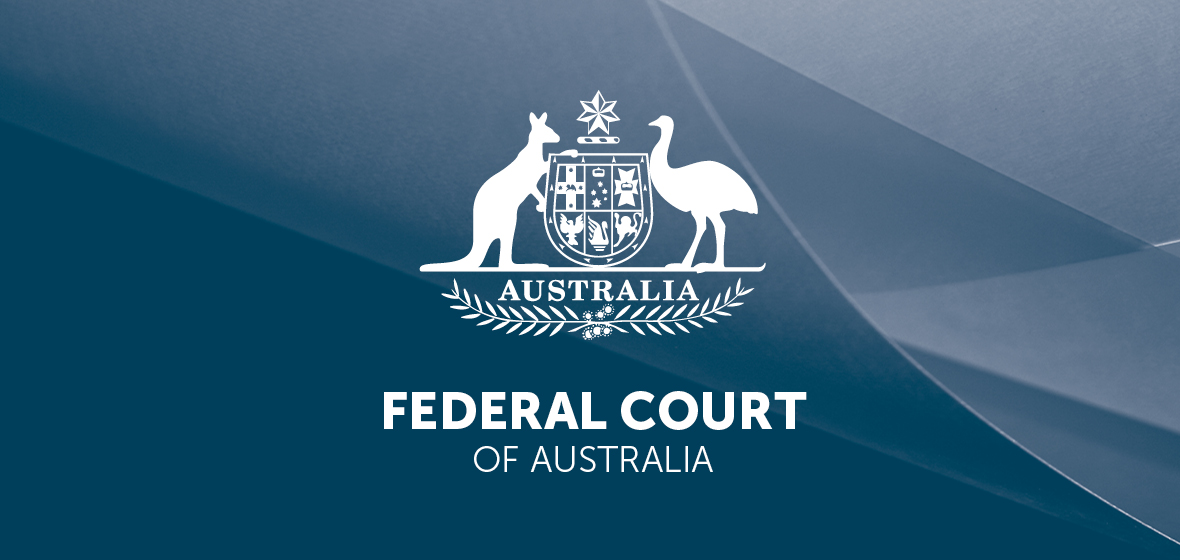Key decisions
- Grant v BHP Coal Pty Ltd [2017] FCAFC 42
- Swishette Pty Ltd v Australian Competition and Consumer Commission [2017] FCAFC 45
INDUSTRIAL LAW
Whether authority under legislation or contract to direct employee to attend medical examination – principle of legality – privilege against self-incrimination to the sphere of employment
Grant v BHP Coal Pty Ltd [2017] FCAFC 42 (10 March 2017) was an appeal from a decision of the primary judge dismissing challenges to decisions of the Fair Work Commission (‘FWC’). The proceedings in the FWC concerned whether the employee was unfairly dismissed from his employment with BHP Coal Pty Ltd. Both a commissioner and the Full Bench of the FWC rejected the employee’s claim and the primary judge found that the employee had not established that they had committed error in doing so.
The employee, who was a boilermaker, injured his shoulder at and outside work and was given extended sick leave. Following being certifed by his general practitioner as being fit to return to normal duties, he was directed by a representative of his employer to attend a medical appointment. The employee was dissatisfied with the requirement to attend the medical appointment. He was directed to attend the doctor’s appointment and informed that failure to do so would be considered a failure to comply with a reasonable direction and, in a further message, would result in disciplinary action. Subsequently the employee was provided with a notice requiring him to show cause why his employment shoud not be terminated based on his refusal to attend two medical appointments and his refusal to participate in an interview with the employer’s representative. Ultimately, the employee’s employment was terminated for those reasons. The employee argued in his appeal to the Full Court that the primary judge erred in failing to find that the decisions of the FWC were affected by jurisdictional error or error on the face of the record because the FWC (at [63]):
- misconstrued s 39(1)(c) of the Coal Mining Safety and Health Act 1999 (Qld) (‘CMSH Act’) as authorising an employer to direct an employee to attend and undergo a medical examination;
- failed to consider the employee’s argument that the language of s 39(1)(c) was not suffi ciently clear and unambiguous to abrogate an employee’s fundamental right not to be subjected to a medical examination; and
- erred in fi nding that privilege against self-incrimination did not apply to the interview with the employer’s representative.
The Full Court (Dowsett, Barker and Rangiah JJ) dismissed the appeal. The employee’s construction of relevant provisions of the CMSH Act was rejected (at [74]-[85]). Further, the principle of legality (explained at [87]-[88]) did not assist the employee and the Court said that it was ‘satisfi ed that there is a legislative intention underlying ss 39(1)(c) and (2)(d) of the CMSH Act to curtail the right to personal liberty to the extent that coal mine workers (and others described in those provisions) may be required to attend medical examinations if the circumstances set out in those provisions are met’ (at [90]). It was unnecessary for the Full Court to decide the potentially complex issue of the legality of a requirement by an employer that an employee undergo a medical examination against his or her will in the absence of legislative authority to do so (at [93]-[96]).
The Full Court held it to be well established that the privilege against self-incrimination is capable of applying to questions asked of an employee by an employer and hence can extend to a workplace interview (at [108]). In accordance with previous authorities the Full Court (at [109]) stated that ‘[t]he claimant must show that there is a real and appreciable risk of criminal prosecution if he or she answers, and that he or she has a bona-fi de apprehension of that consequence on reasonable grounds’ in order to invoke the privilege. However ‘real and appreciable risk does not exist if a witness’ prior statements have already exposed the witness to a risk of prosecution where giving answers will not lead to any increase in jeopardy to which the witness is already exposed’.
In the present case, the employee did not make a claim of privilege against self-incrimination at the interview and he merely declined to answer questions unless they were put in writing (at [111]). In any event, the Full Court held that since the employee did not attempt to demonstrate any error in the decision of the Full Bench of the FWC to decline to consider the argument regarding the privilege against self-incrimination, any error attending the Full Bench’s view that privilege did not apply was immaterial (at [112]).



